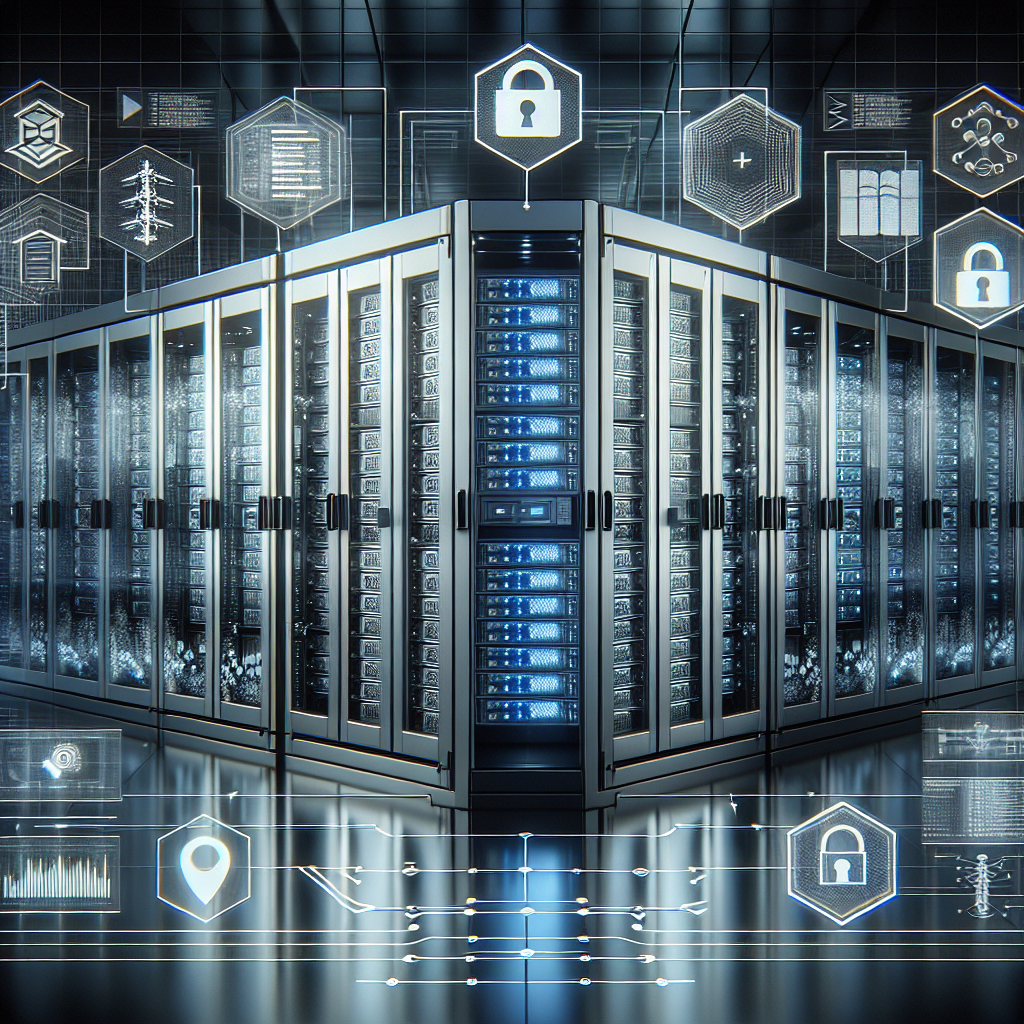Your cart is currently empty!
Data Center Security Systems: A Comprehensive Guide for IT Professionals

Data centers are the heart of any organization’s IT infrastructure, housing critical data and applications that are essential for business operations. With the increasing threat of cyber attacks, data center security systems have become more important than ever before. IT professionals play a crucial role in ensuring the security of these facilities, and understanding the various security systems available is essential for protecting sensitive data and maintaining business continuity.
Data center security systems encompass a variety of technologies and processes designed to protect the physical infrastructure, as well as the data and applications housed within. These systems work together to create multiple layers of defense, making it harder for cyber criminals to breach the facility and compromise sensitive information. Some of the key components of data center security systems include:
1. Access control systems: Access control systems regulate who can enter the data center and what areas they can access. This includes physical access controls such as biometric scanners, keycards, and PIN codes, as well as logical access controls that restrict access to specific systems and applications.
2. Video surveillance: Video surveillance systems monitor activity within the data center, providing real-time footage of any security incidents. Cameras are strategically placed throughout the facility to capture any unauthorized access or suspicious behavior.
3. Intrusion detection systems: Intrusion detection systems monitor network traffic for signs of unauthorized access or malicious activity. These systems can detect and alert IT staff to potential security breaches, allowing them to respond quickly and mitigate any threats.
4. Fire detection and suppression systems: Data centers are at risk of fire due to the high concentration of electrical equipment. Fire detection and suppression systems are essential for protecting the facility and preventing damage to critical infrastructure.
5. Environmental monitoring: Data centers require precise environmental conditions to ensure the proper functioning of equipment. Environmental monitoring systems track temperature, humidity, and other environmental factors to prevent equipment failure and downtime.
6. Backup power systems: Backup power systems, such as uninterruptible power supplies (UPS) and generators, are essential for maintaining operations in the event of a power outage. These systems ensure that critical systems remain online and data is not lost during an outage.
7. Security policies and procedures: In addition to technology, data center security systems also include security policies and procedures that govern how data is accessed, stored, and protected. IT professionals play a key role in developing and enforcing these policies to ensure compliance with industry regulations and best practices.
Overall, data center security systems are essential for protecting sensitive data and ensuring the continued operation of business-critical systems. IT professionals must stay informed about the latest security technologies and best practices to effectively secure their organization’s data center and mitigate the risk of cyber attacks. By implementing a comprehensive security strategy that includes physical, logical, and procedural controls, IT professionals can create a secure and resilient data center that is prepared to withstand the ever-evolving threat landscape.

Leave a Reply